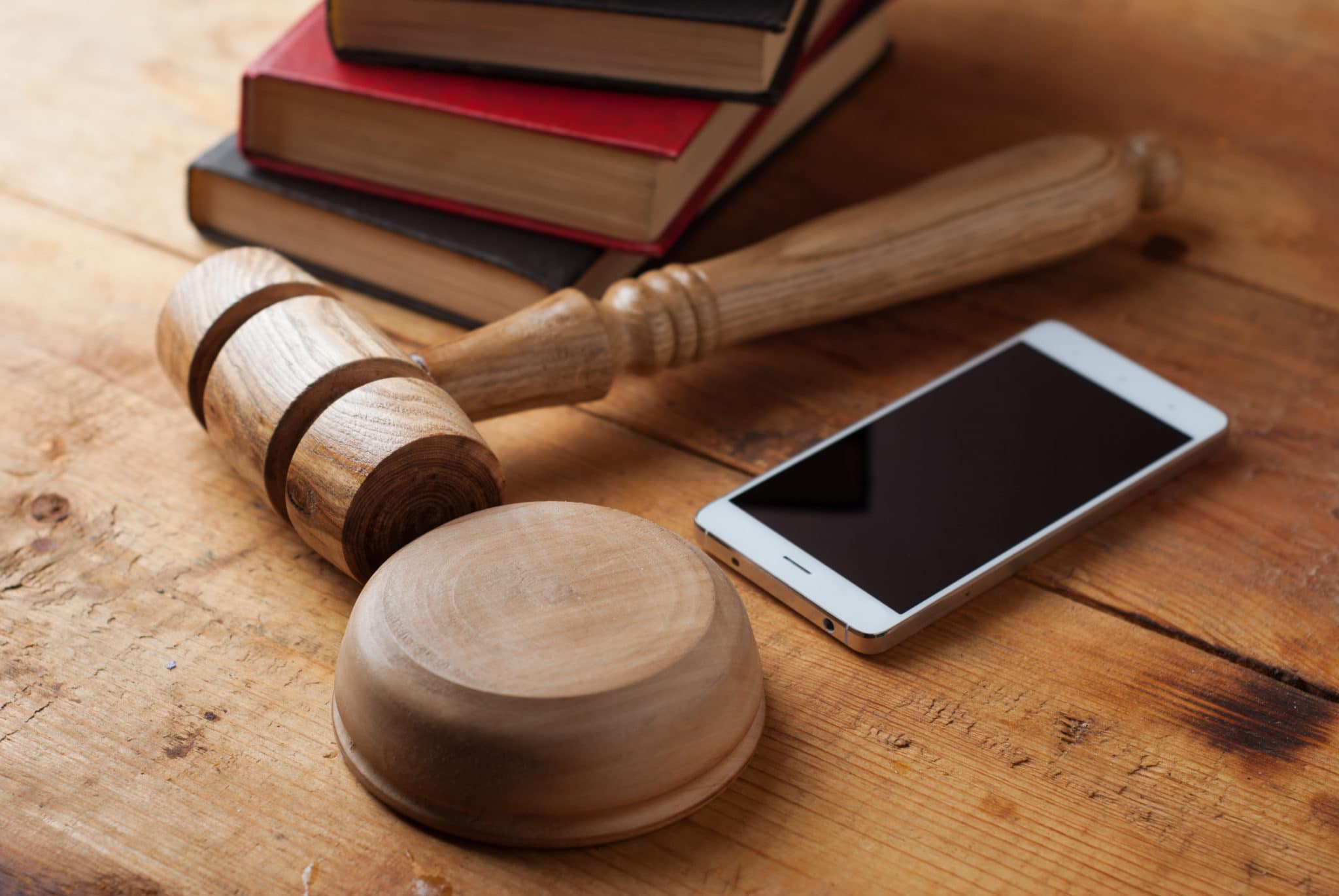- Free Consultation 24/7: (773) 908-9811 Tap Here To Call Us
No, Yelling “I Have Coronavirus!” Doesn’t Get You Out of a Chicago DUI

While it is never a smart idea to resist arrest or to threaten police officers, now — amidst a viral pandemic — is certainly not the time. One man in Niles, Illinois learned this the hard way.
He thought that he could avoid a DUI arrest by screaming at officers that he had the coronavirus while spitting to keep them at bay. We probably don’t have to tell you, but things did not turn out the way he thought they would.
On top of felony-level DUI charges, the man is now facing an extra felony charge of battery of a police officer. “Resisting arrest” is one of the most common charges stacked with other infractions — including DUI.
So What are Stacked Charges in Illinois?
Stacked charges, as the name suggests, are charges which are added (or stacked) on top of other charges. These extra charges generally increase the severity of the original charge and come with more severe punishments.
Police generally use charge stacking as a way to ensure a conviction when a case makes it to court. This is especially troublesome for defense attorneys as it is much harder to defend against multiple charges and secure a positive outcome.
Officers have complete discretion when it comes to the charges they initially list in the booking. This means, for suspects who have caused significant problems, resisted arrest, acted violently, etc., officers may be inclined to further stack charges.
This can be extra troublesome when the initial reason for the arrest was relatively minor. In the case of the Illinois gentleman, the initial DUI charge could have been more easily defended against and may not have come with significant consequences compared to the felony battery of an officer.
Illinois DUI Laws
Had the Niles man above cooperated with officers, his charges and subsequent punishment would have been much less severe. DUI in the state of Illinois is defined as driving while these elements are present:
- Blood alcohol concentration (BAC) of at least .08%
- Being under the influence of alcohol, intoxicating compounds, drugs, or a combination thereof to an extent that renders the person incapable of driving safely
- Any amount of a controlled substance in the person’s blood, urine, or other bodily substance, or
- Tetrahydrocannabinol (THC) concentration of five nanograms or more in the blood or ten nanograms or more in another bodily substance within two hours of driving or being in actual physical control of a vehicle.
The severity of a DUI charge depends on the circumstances surrounding the arrest and whether or not it is a person’s first conviction. Furthermore, multiple DUIs on a person’s record do increase fines and jail time, as well as the period a person’s license is revoked.
The most severe penalties for driving under the influence can include up to 7 years of jail time (that’s for repeat offenders), several thousand dollars in fines, and having your license revoked for up to ten years.
Still, multiple felonies for an assault on a police officer and reckless endangerment stacked on top? Offenses that took just a few minutes to commit (and probably in a panic) could wind up costing the Illinois resident a whole lot more than that!

If you find your self in a similar situation, our first piece of advice? Find experienced representation. COVID-19 has made for heightened emotions which can easily lead to poor judgment.
Having the right lawyer on your side can mean the difference between paying your dues and overpaying for a much longer period.
About the Author: Andrew M. Weisberg is a former felony prosecutor who now serves as a defense attorney in the greater Chicago area. He has extensive experience in handling all types of criminal cases, from sex offenses and domestic violence to retail theft-related crimes, murder, and drug crimes.




















